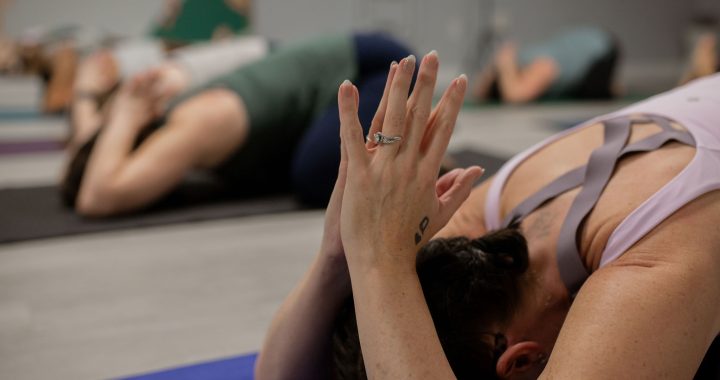Growing up in a Catholic household was a fundamental part of my upbringing. From attending Catholic school to weekly church visits, the rituals and traditions of Catholicism were deeply woven into the fabric of my life. Although I no longer a practicing Catholic, I carry with me a deep sense of gratitude for the reverence and respect for ceremony and ritual that I learned during those formative years.
One of the most impactful experiences within Catholicism was the sacrament of confession. This ritual involved confessing one’s “sins” to a priest, seeking forgiveness, and then completing penance as a form of atonement, often through repetitive prayers. While the intention behind confession is spiritual healing, the act itself always left me with a sense of unease. Sharing my deepest faults with a stranger, especially when I was young and everyone seemed so much older, felt uncomfortable and vulnerable. As a result, I often chose to hold onto my mistakes and burdens, allowing them to weigh me down rather than seeking the release and absolution that confession promised.
This tendency to cling to negative emotions extended beyond my own actions to include grievances against others. I found myself harbouring grudges and resentments, believing that holding onto these feelings shielded me from further pain. Little did I know at the time that this emotional baggage was not only hurting me internally but also affecting my physical and mental well-being.
The analogy of holding onto anger and hurt as holding onto a hot coal and expecting the other person to suffer struck a chord within me. It made me realize that by clinging to resentment and bitterness, I was only harming myself. A wise Shaman I know always said “ forgiveness IS the medicine”. I also learned that forgiveness is not just about forgiving others; it’s about extending that same grace and compassion to oneself. Self-forgiveness and self-compassion are crucial steps in the journey towards healing and wholeness. When we release ourselves from the chains of guilt and self-judgment, we create space for joy, love, and acceptance to flourish.
It wasn’t until later in life that I truly grasped the transformative power of forgiveness.
Recently I discovered Ho’oponopono, a Hawaiian practice , a mantra centred around reconciliation and forgiveness, which resonated deeply with me.
Ho’o = to make and Pono = make right. So the repetition of ‘pono’ represents to yourself and others. This practice emphasizes gratitude and expressing love the pathway to healing. Its simple yet profound prayer:“I’m sorry
Please forgive me
Thank you
I love you “
This encapsulates the essence of forgiveness as a healing and liberating force. Bringing to light that forgiveness frees us from our thoughts and feelings of the past.
In essence, forgiveness is a profound act of love and self-care! It’s a journey that requires courage, vulnerability, and an open heart. Through forgiveness, we free ourselves from the burdens of the past, heal old wounds, and cultivate deeper connections with ourselves and others.
As we transition into spring, it’s a valuable opportunity to reflect on any lingering hurts that may be holding us back. Take a moment to examine the wounds from your past that continue to impact you today, and consider making the choice to release them. Embrace a mindset of love, gratitude, and forgiveness towards yourself and those who may have caused you pain.
By Nicole Whitman.

